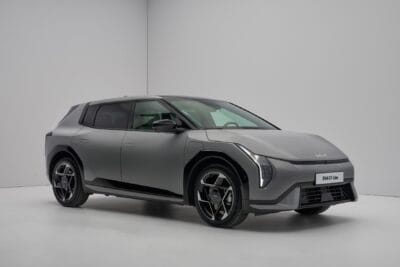EU member states agree on position on Euro 7 emissions standard
Ministers of EU states have agreed on a position on the planned new Euro 7 emission standard. The European Commission must now negotiate a final agreement with the EU Parliament. Negotiations will begin as soon as the latter has defined its position.
Compared to the proposals presented by the EU Commission in November 2022, ministers agreed to a diluted proposal. Euro 7 would thus essentially not go beyond the current Euro 6 standard in terms of exhaust emissions. Euro 6 has been in force since 2014 and provides for exhaust emission tests primarily under milder conditions. Particularly emission-rich scenarios, such as a cold start, are not examined. But that is precisely what the EU Commission’s proposal had envisaged.
The Council of the European Union, the grouping of EU ministers, justified its weakened proposal, saying stricter rules would deprive the car industry of too many resources needed to develop electric cars. Italy, France, the Czech Republic and five other EU states spoke out against stricter rules to protect the industry. “The new regulation, at Italian request, makes it possible to safeguard the automotive supply chain of small-volume manufacturers, the high range typical of Italian production such as Ferrari, Lamborghini, Maserati, symbols of ‘Made in Italy’ that produce around 50,000 cars a year,” says Italian Industry Minister Adolfo Urso.
However, the countries’ agreement also includes some points from the Commission’s proposal. Euro 7 will thus also set a limit for emissions relevant to electric cars, such as particulates from tyres and brakes. In addition, it will introduce minimum requirements for the durability of electric car batteries.
Germany rejected the EU states’ position on Euro 7 as “not ambitious enough”, as the Environment Ministry emphasises. In other words, it failed in the negotiations with the other member states and could not push through its position. The German transport ministry, led by the FDP, also failed in its push for exemptions for synthetic fuels. The new EU emissions directive will not cover the so-called’ e-fuels’.
The EU Parliament must now agree on a position on the Euro 7 standard. Subsequently, the EU Council (i.e. the member states), the EU Parliament, and the EU Commission will negotiate the final version of the emission standard. The aim is for Euro 7 to come into force in 2025 – although the Council of the European Union also says that is “unrealistic.” The points mentioned are thus the EU Council’s position – but not a final decision.





0 Comments